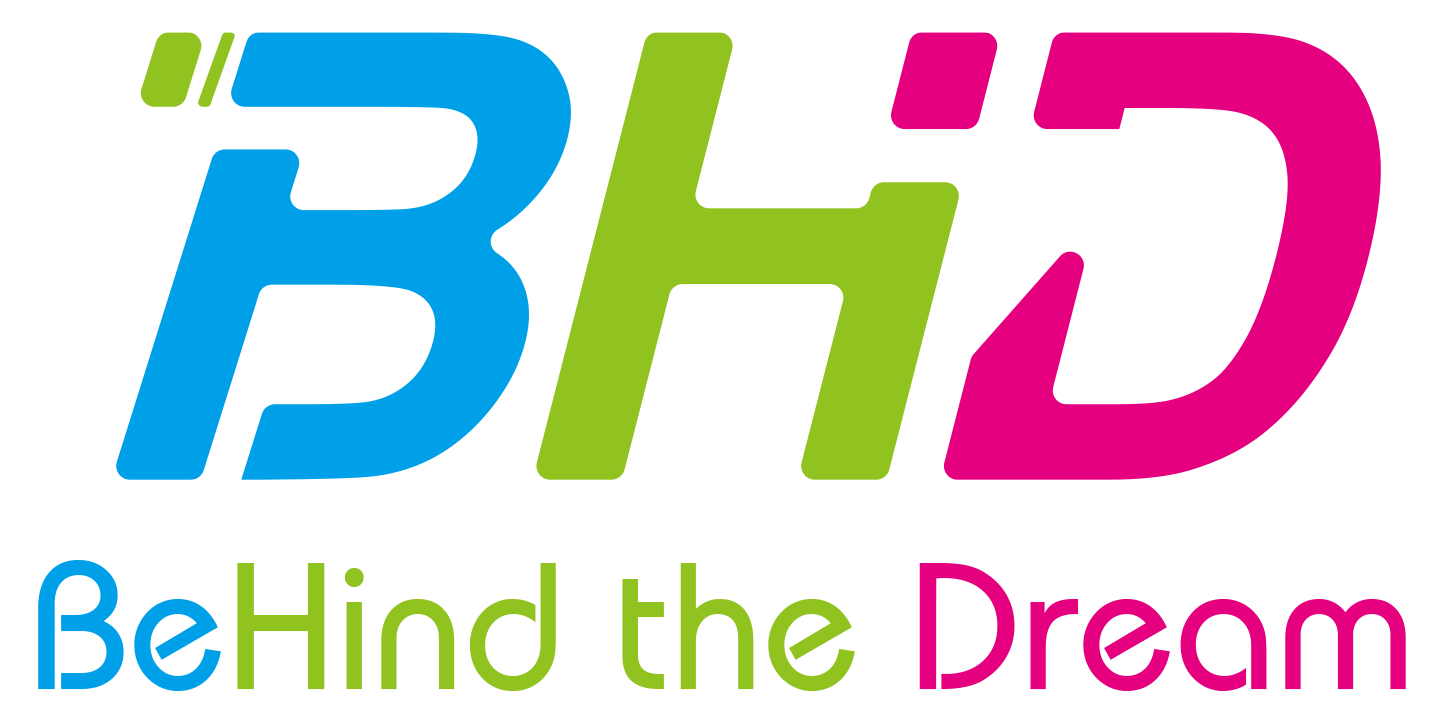On the expansive stage of international trade, product certifications act like passports, essential keys to accessing markets worldwide. Among these, CE, RoHS, FCC, UL and others are indispensable, not only ensuring compliance but also serving as cornerstones of safety, environmental protection, and market trust. This article systematically outlines the essence, distinctions, benefits, and profound impacts of these certifications on importers and exporters alike. It also highlights other crucial certifications, aiming to pave a clear and compliant path for your international trade journey.

Introduction: Certifications—The Gateway to International Trade
Product certifications, as stringent requirements in global markets, signify not only adherence to regulations but also competitiveness and consumer trust. Understanding and obtaining these certifications are thresholds every business committed to global growth must cross.
Overview of Core Certifications
CE Mark (European Conformity)-
Core Value: The CE mark serves as a gateway to the European market, indicating compliance with EU health, safety, and environmental requirements.
-
Impact Analysis: Absence of the CE mark can lead to products being ineligible for legal sale in Europe, potentially resulting in fines, detainment, or recall.

-
Environmental Mission: Restricts the use of hazardous substances like lead and mercury in electronic and electrical products, safeguarding the environment and public health.
-
Market Advantage: Enhances product eco-friendliness and expands market acceptance.
-
Consequences of Non-compliance: Products not conforming to RoHS face sales restrictionsin regions where the directive is enforced.

FCC (Federal Communications Commission Certification)
-
Communication Safety: Ensures electromagnetic compatibility of electronic devices and safety of radio devices, tailored for the U.S. market.
-
Market Access: Products lacking FCC certification may face restrictions in the U.S. market.

UL (Underwriters Laboratories Certification)
-
Product Safety: UL certification rigorously validates that consumer products and components meet high safety standards, effectively guarding against fire hazards, electrical risks, and other potential dangers. It is a globally recognized safety mark, but particularly crucial for the North American market.
-
Market Access & Consumer Trust: Products without UL certification may encounter limited acceptance from retailers, distributors, and end-users in the United States and Canada due to the absence of independent verification of safety standards compliance. For our power bank products, UL certification serves as a vital passport to the US market, earning the trust and preference of numerous customers.
-
Special Emphasis: Catering to our primary market in the United States, especially clients with stringent safety requirements for power banks, we proudly present our UL certification certificate. This certification not only attests to the quality of our products but also embodies our commitment to safety for every customer.

Overview of Other Important Certifications
ISO: Covers quality management systems (e.g., ISO 9001) and environmental management systems (ISO 14001), demonstrating comprehensive enterprise management levels.
REACH: EU framework for the registration, evaluation, authorization, and restriction of chemicals, broader in scope than RoHS.
GOTS: International certification for environmental and sustainable practices in organic textiles.
Potential Consequences of Lacking Certifications and Considerations
Based on previous cases BHD has cooperated on, there have been instances where products were rejected by customs due to incomplete certification documents. Therefore, what potential risks could arise from lacking certificates? What else should we be mindful of to avoid unnecessary losses?
Failure to obtain necessary product certifications can result in multifaceted negative impacts for importers and exporters:
-
Market Restrictions: Directly prevents products from entering specific markets.
-
Legal Risks: May lead to fines, product recalls, or even legal litigation.
-
Diminished Reputation: Reduces trust from consumers and partners.
-
Economic Loss: Incurs costs for retesting, remanufacturing, or disposal of non-compliant products.
-
Brand Damage: Long-term harm to company image and brand value.
Considerations:
CE and RoHS compliance, along with the WEEE symbol under the RoHS directive, are crucial for ensuring product legality in the EU market. While exact size requirements are not directly stipulated by EU regulations, they must be clear, legible, and indelible. Industry recommendations typically suggest a minimum height of 5mm for the CE mark and at least 7mm for the WEEE symbol to ensure visibility. Given potential slight variations in implementation among member states, manufacturers and exporters should adhere to specific requirements of their target markets, referencing national guidelines and standards for compliance. To facilitate smooth product circulation, direct consultation with official bodies of the target market is advised to obtain the latest and most accurate regulatory information.


Conclusion: Compliance as Foundation, Steady Progress Forward
Ensuring products comply with all necessary certifications for target markets forms the bedrock of international trade. This not only meets legal requirements but also enhances brand image, strengthens market competitiveness, and safeguards consumer rights—an essential step towards success in the global business environment. Therefore, integrating product certifications into corporate development strategies is a solid stride towards achieving success in international markets.
To delve deeper into the specifics of these certifications or to discuss how they apply to your unique business situation, feel free to leave a comment below or directly engage with BHD Tech. We’re very pleased to provide you with personalized guidance and the latest insights, ensuring your products seamlessly navigate the complex landscape of international compliance, enhancing your global market presence.
Source:
